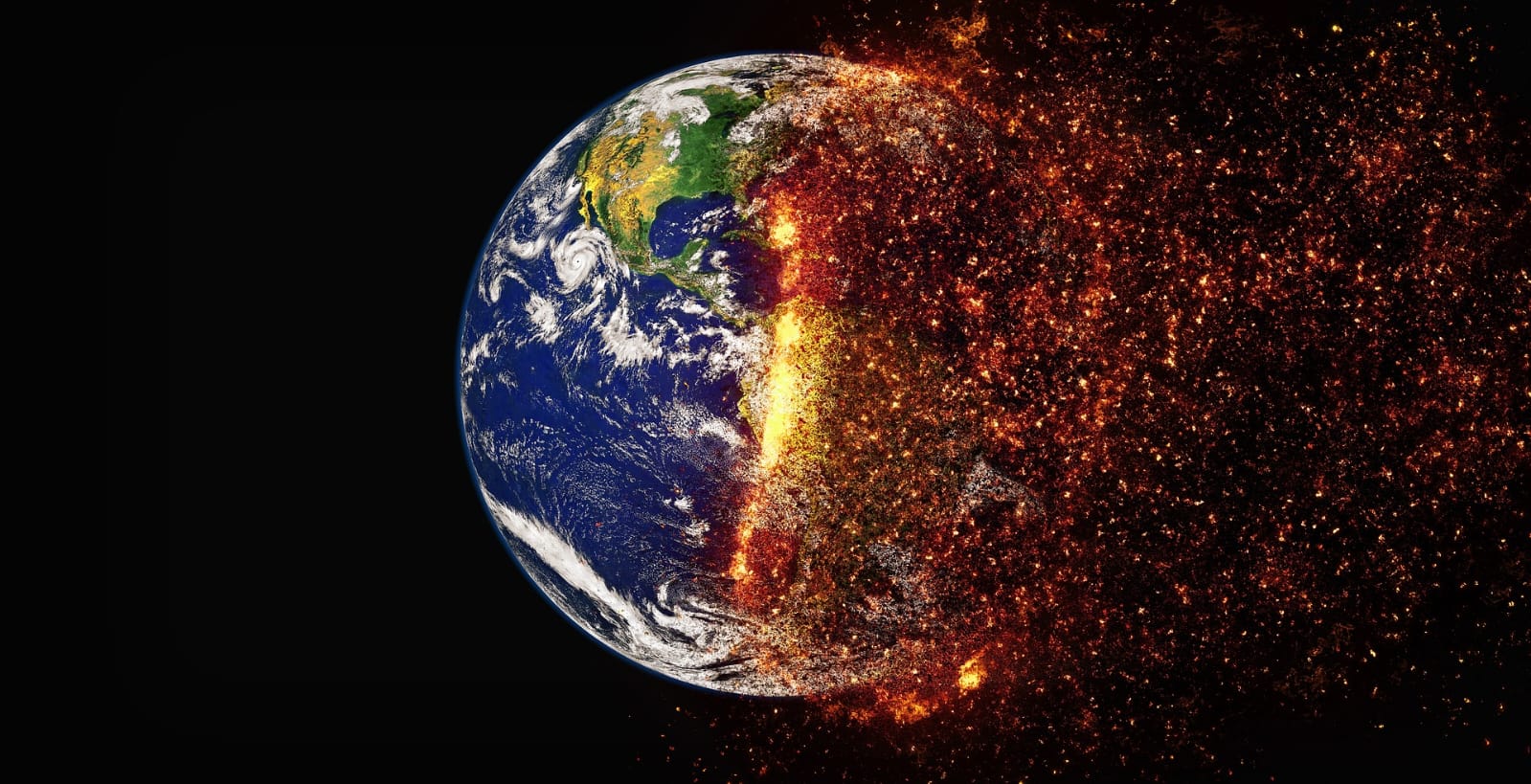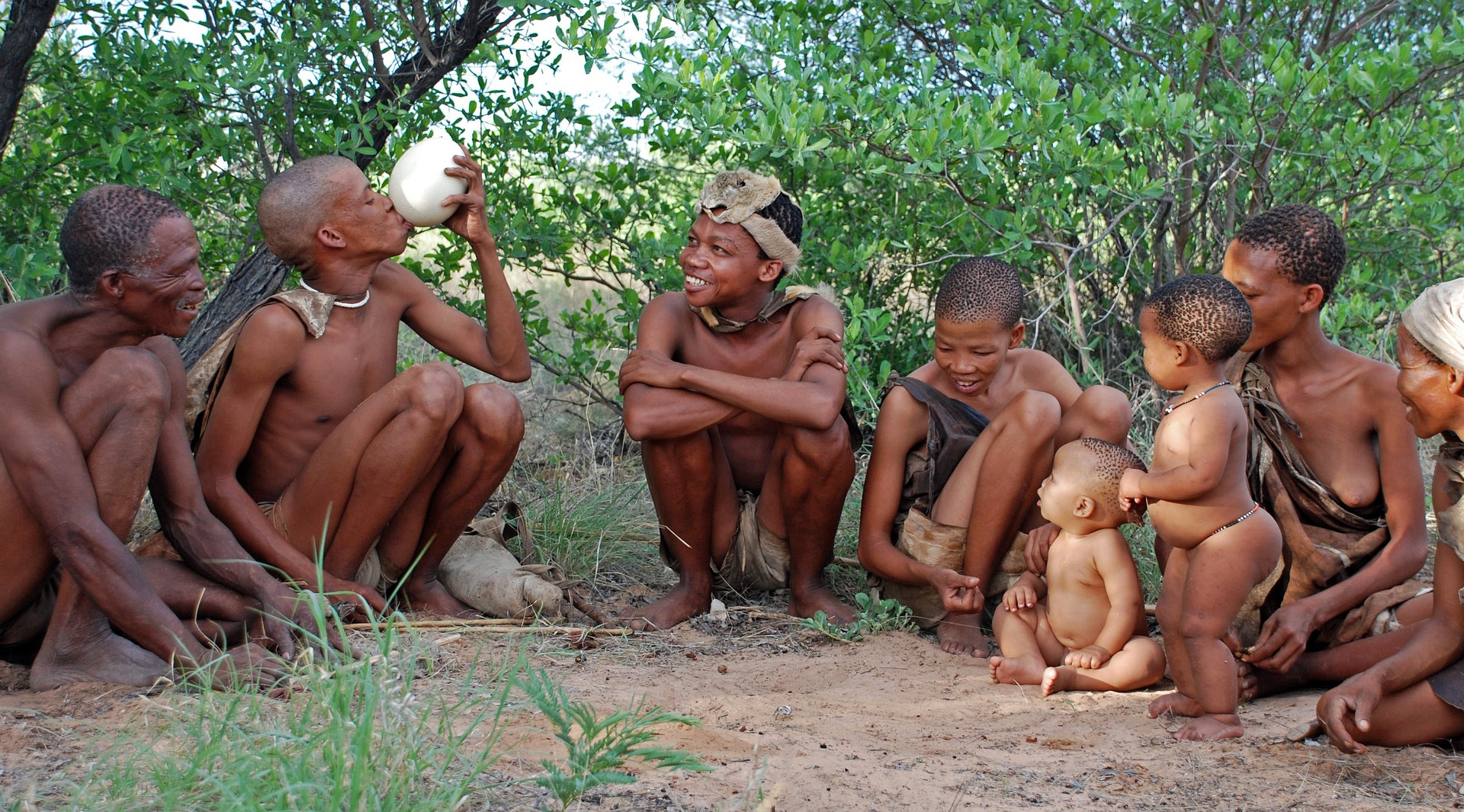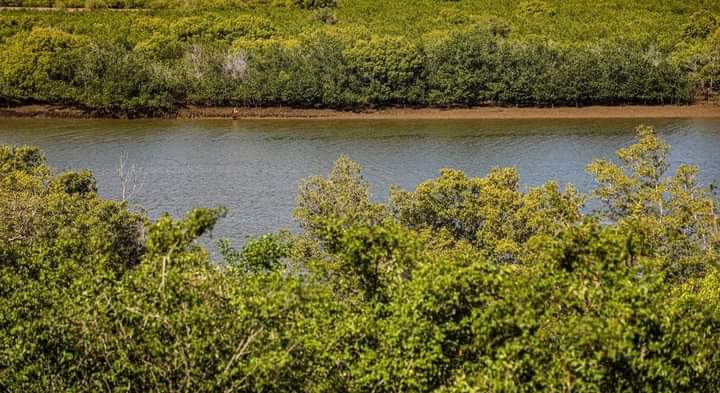The terms, Global warming and Climate change are often used interchangeably. However, there is a slight difference between the two, ideally.
Global warming is a long-term warming of the planet mainly caused by the increased concentration of greenhouse gases in the atmosphere. On the other hand, Climate change refers to the long-term shifts or changes in the climate in terms of temperatures and weather patterns. Therefore, climate change can result from global warming effects.
What Causes Global Warming?
The world’s leading global climate scientists believe that human activities have been the leading cause since the Mid-20th Century, primarily because of;
Fossil Fuels
Fossil fuels such as oil, coal, and natural gases are the primary energy sources used massively in industries and homes, and they are the first source of global warming. When fossil fuels such as coal, oils, and gas are burned, some of the by-products are Carbon dioxide (CO2), an important greenhouse gas, and Nitrous Oxide (NOx). Excess Carbon dioxide and Nitrous Oxide in the atmosphere increases temperature, leading to global warming.
Deforestation
The overexploitation of forests has a significant role in global warming and climate change. One part of trees in the ecosystem is to regulate the temperatures by absorbing excess CO2 from the atmosphere. By cutting them down, the positive attributes are lost; hence excess carbon (iv) oxide is released into the atmosphere.
Intensive Farming
Farming involves the rearing of animals and planting of crops. Planting sometimes requires fertilizers for optimal yields, while animals also need pesticides to survive. Fertilizers from crops produce nitrous oxide emissions. On the same breath, cattle and sheep may also have large amounts of methane when digesting their food, and I will explain how;
Unlike humans, which have one compartment in the stomach, cattle have four, and one of the chambers is the rumen. The rumen allows them to store the partially digested food and let it ferment before completing the digestive process. As plants ferment in that chamber, they produce methane, which is then expelled by cattle through belching. Global warming is eminent in scenarios where one has a large number of livestock.
Mining
Modern life is highly dependent on the mining and metallurgical industry. Minerals and metals are the raw materials in the manufacturing and construction industries. With growing world economies, the demand for the two is high. This market accounts for nearly 5% of greenhouse gas emissions from extraction to delivery. The emissions are from the machines used to extract ores that entirely run-on fossil fuels. As discussed earlier, fossil fuels release CO2 and other pollutants. Lastly, the explosives used to produce Carbon monoxide contribute immensely to global warming.
Waste Disposal
Some of the Waste management methods, like landfills and incineration, emit greenhouse and toxic gases, including methane, that are released into the atmosphere, soil, and waterways, contributing to an increase in the greenhouse effect.
Overconsumption
Finally, overconsumption also significantly affects global warming and climate change. It is responsible for exploiting natural resources and emissions from international freight transport, which largely contributes to global warming.





2 thoughts on “Global warming and climate change”